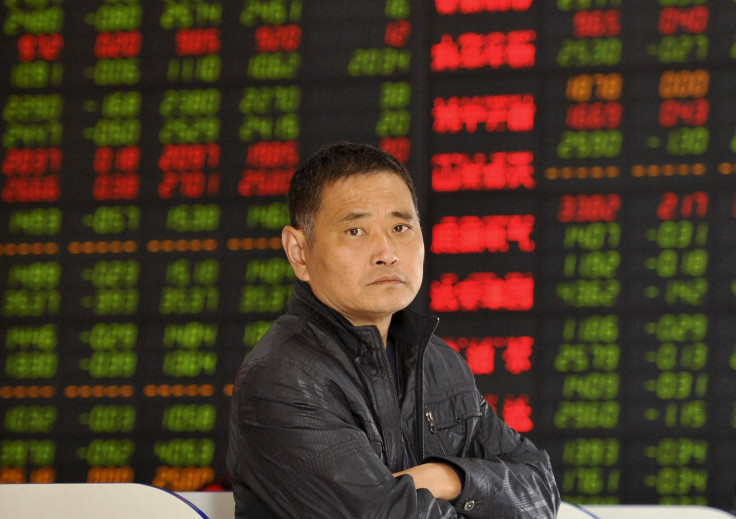China Economic Slowdown Restricts Reform Efforts As Government Pursues GDP Growth Goal

China is delaying plans to loosen controls on the economy amid the country’s slowdown, the Wall Street Journal reported Friday. Top government officials reportedly fear certain reforms, such as allowing banks to set loan rates and easing restrictions on investments outside China’s borders, could lead to layoffs and a damaging outflow of yuan to other markets.
“Reform itself is facing huge problems,” a government official said at a meeting on the economy Sept. 22, the Journal reported. “It’s doubtful that any reform dividends can be translated into economic growth in the foreseeable future.”
Initially, Chinese President Xi Jinping set a goal of around 7 percent growth in the country’s gross domestic product in 2015 to keep pace with the Communist Party’s aim to double the nation’s GDP from 2010 to 2020, the Journal reported. This month, Xi declared China’s goal for 2020 could still be met assuming GDP grew by 6.5 percent annually, the New York Times reported. But some projections say the country’s actual GDP growth will fall to about 4 percent.
As China’s economy decelerates, government officials are backing off expected reforms that carry the risk of negatively impacting growth. Last month, China’s central bank opted not to end its regulation of interest rates, even as it scuttled its limits on deposit rates. Plans to loosen restrictions on foreign investment also are being put on hold as China attempts to ensure GDP growth remains on track.
China’s equity-market crash over the summer did trillions of dollars’ worth of damage to the country’s once-booming economy and sent regulators scrambling to end the slide. The government spent some $236 billion on bailouts as the Shanghai Composite index lost about one-third of its total value, as CNN reported. Chinese officials issued a temporary ban on new stock listings and threatened to jail anyone caught short-selling stocks.
The country’s stock market has improved in recent weeks. The Shanghai index has regained more than 20 percent of its value since its low point Aug. 26, as Bloomberg News reported.
© Copyright IBTimes 2024. All rights reserved.












